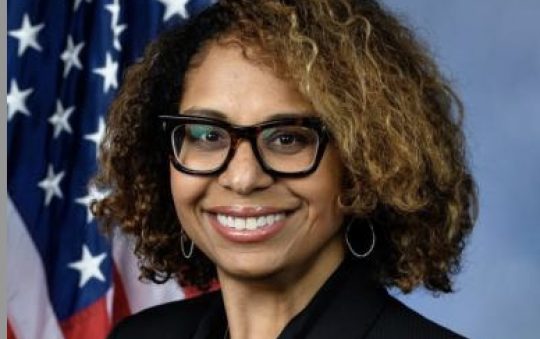
As oil minister during military rule in the 1970s, President Muhammadu Buhari oversaw the birth of the Nigerian National Petroleum Corp (NNPC).
Now, as democratically elected president, he intends to break up the lumbering bureaucracy, which is believed to have cashed out astronomical sums of oil revenues for luxury lifestyles, leaving the oil-rich nation of Nigeria nearly broke. He is “homing in one of his country’s open sores – corruption,” wrote the German news agency Deutsche Welle.
“A lot of damage has been done to the integrity of Nigeria with individuals and institutions already compromised,” Buhari told an audience in Washington last month. “The amount involved is mind-boggling.”
Last week, Buhari took some highly-publicized actions against NNPC directors. Eight senior managers – the top echelon of the corporation – were replaced and the NNPC’s Group Managing Director was replaced by Emmanuel Ibe Kachikwe – a former general counsel of Exxon-Mobil-Africa and Texaco Nigeria.
Earlier in the month, the Nigerian president banned nearly 100 oil tankers from the country’s waters.
“What NNPC appears to be doing is attempting to get vessel owners to be more proactive in ensuring their vessels are used only for legal business,” one trader said, noting this is an important goal for the country.
Still, “leadership changes, while welcome, are just a start. Most immediately, the presidency needs to ensure that NNPC stops signing opaque deals that reward private parties at the nation’s expense,” said Aaron Sayne, who co-authored the report “Inside NNPC Oil Sales, A Case for Reform in Nigeria,” released by the Natural Resource Governance Institute, a NY-based watchdog.
The NNPC is a 24,000-employee colossus – the largest government-owned company – controlling an aggregate 55 percent share in joint ventures with the likes of Royal Dutch Shell Plc, Exxon Mobil Corp. and Chevron Corp. Crude exports account for about two-thirds of government revenue.
With oil prices falling by half in the past year to 30 dollars a barrel, government coffers are “virtually empty,” Buhari admitted after less than a month in office.
Sources close to Buhari say he intends to keep the oil ministry under his personal supervision. Nigeria’s key industry would then remain in the hands of the man at the top – which some observers see as grounds for optimism.
Meanwhile, in another anti-corruption initiative, the President has ordered ministries to use only approved government bank accounts to make payments.
Laolu Akande, a spokesman for Vice President Yemi Osinbajo, said the new system would end the use of “several fragmented accounts for government revenues”, which he said had led to “the loss or leakages of legitimate income meant for the federation account”.
Finally, Nigeria will set up a domestic weapons factory in a bid to end purchases of foreign-made guns. Only rifles and civilian tools are produced in Nigeria, according to the president’s spokesman Garba Shehu.
Nigeria’s transparency watchdog says the money lost by the NNPC – $30 billion in oil revenue – since 2009, exceeds the annual economic output of more than half the nations in Africa and roughly equals the federal budget.






